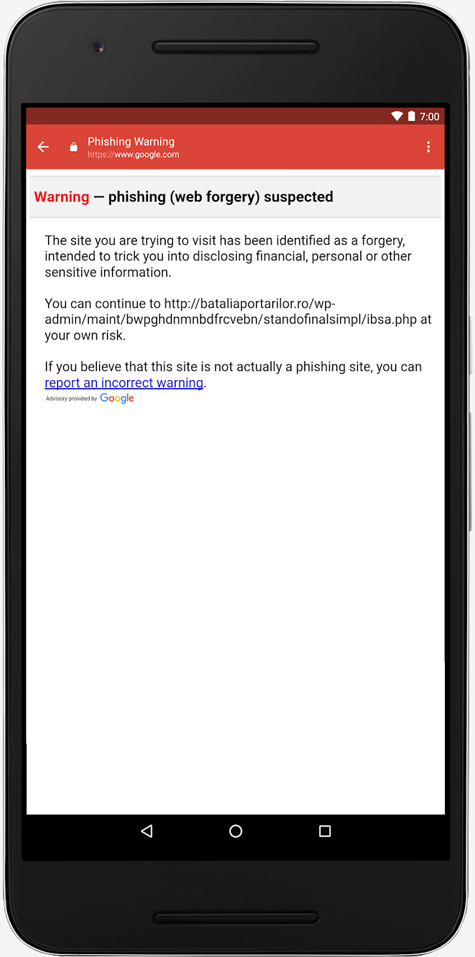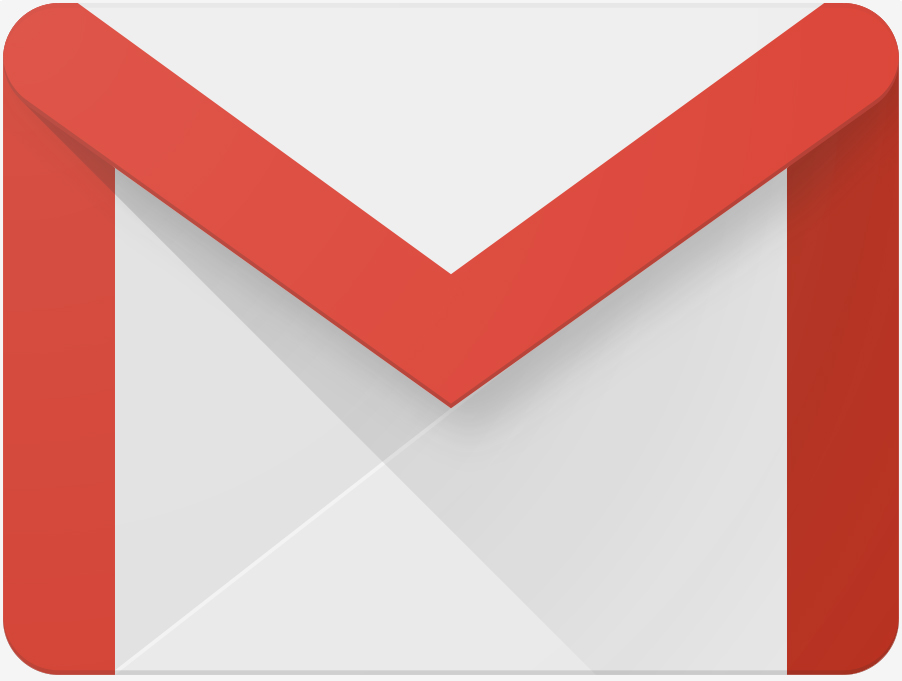Google continues to invest heavily in Gmail, the ad-supported e-mail service it originally launched more than 13 years ago. Since exiting beta in the summer of 2009, Gmail has become a household name and a popular choice among both startups and mid-sized companies.
Andy Wen, Senior Product Manager with the Counter Abuse Technology group at Google, announced on Wednesday a handful new security features including early phishing detection using machine learning, unintended external reply warnings, click-time warnings for malicious links and built-in defenses against new threats.
Wen said Google's use of machine learning has helped the search giant block spam and phishing messages from appearing in your inbox with over 99.9 percent accuracy. Considering that as many as 70 percent of messages coming into Gmail are spam, that's a pretty significant figure.

Google's detection models combine a variety of techniques that have allowed them to generate new URL click-time warnings for phishing and malware links. What's more, as new patterns are identified, Google's models can adapt faster than manual systems ever could.
Unintended external reply warnings, meanwhile, are designed to help companies prevent data loss by informing users when they attempt to respond to someone outside of the company domain. Thanks to Gmail's contextual intelligence, it'll know if a recipient is an existing contact and avoid unnecessarily showing a warning all the time.
While Google is framing the improvements as an enterprise-focused update, in actuality, the security updates are a welcomed addition for all users.
